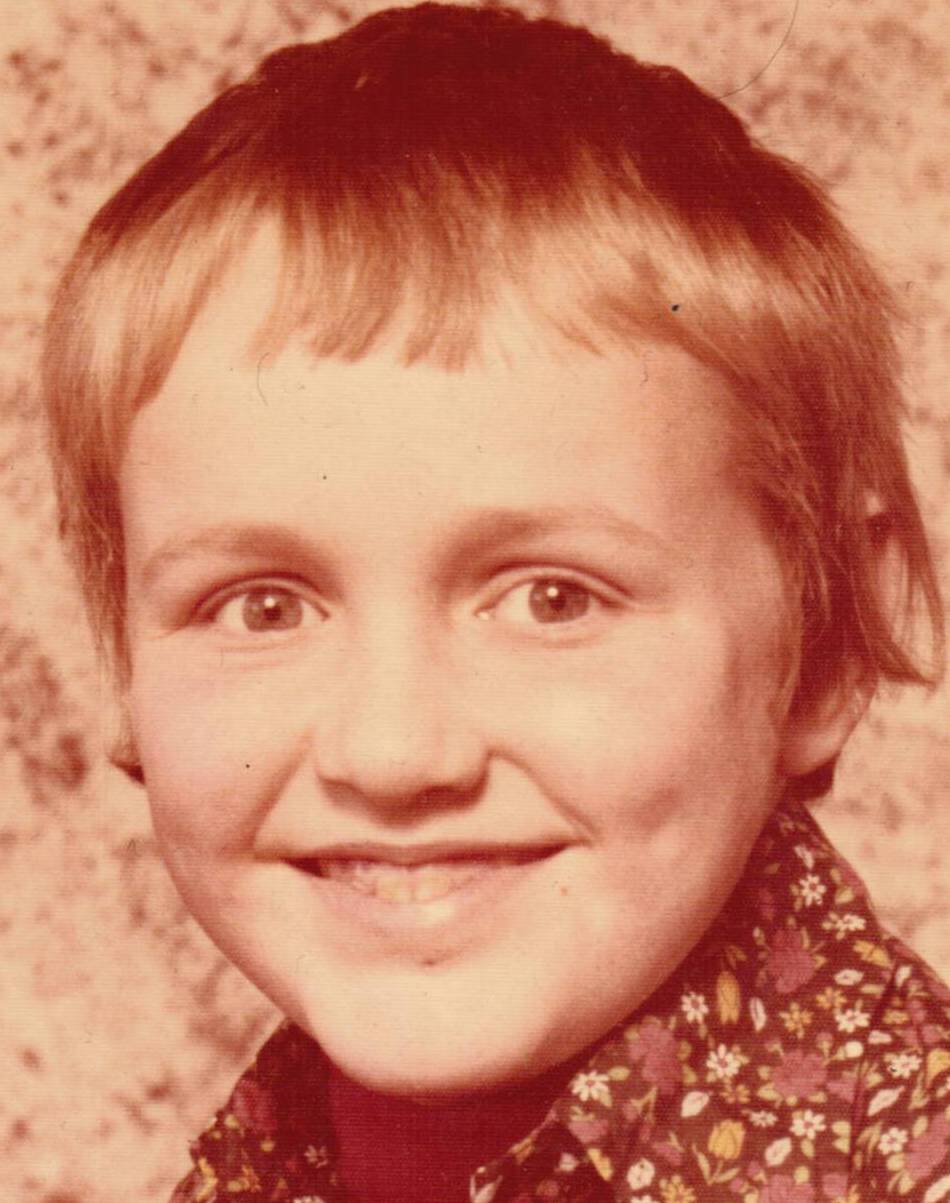Inner Children

"How old was your 'innner child', when it started to do the things that you don't like about yourself?"
Consider that everything that you've ever experienced is connected to a 'child' that lives inside of you. Let’s call these children 'Younger You'. There's a 'younger you', who first saw his mother. There's a 'younger you', who felt how your father held your hand as you were learning to walk. There may also be a younger you, who heard that you shouldn't 'laugh', because it wasn't 'the right time'. Or a 'younger you', who felt alone as everybody was busy doing something very important. It's even possible that there are ' younger yous' who experienced even worse things.
Which 'younger you' wants to be heard?
Blockades and undesirable behaviour are often linked to one of our inner children. Our inner children have learned to defend one or more of our needs with a strategy that was successful at that age. Maybe your 'younger you' found that you need to shout to get attention and under stress this is still what your system does. Maybe your 'younger you' found that you need to be very careful to express your thoughts and feelings if you don't want to be 'punished' and your 'present you', still finds it very difficult to say what you think and feel even when the ‘adult you’ knows another strategy would be more beneficent.
Always. Never. Everybody. Nobody.
Inner children connect us with the parts of us that experienced things that were at that point in our life very unpleasant or even traumatic. The 'adult you' can put these events into perspective and see that they can be changed and/or will pass. The 'younger you' (especially the children under 7) don't have that capacity. They experience the world in absolutes like 'always' and 'everybody'. This experience makes these children (voices) inside you even more persistent in fighting for certain solutions, strategies, beliefs and convictions. It's been my experience that when an adult uses words like 'never' and 'nobody' there is a child that wants to be heard.
Your 'younger you' wants to be taken seriously
Connecting behaviour and convictions to 'children' has several advantages. Children can be much more honest than adults. They know exactly when their story is taken seriously and will tell you, when you missed something important. At the same time they are willing to cooperate. Once they feel sufficiently heard they are more than willing to change. I have found that when we don't take them or the needs connected to them seriously, they will sabotage the actions of the adult we are today. At the same time when we sufficiently listen to 'inner children' they will help us to find sustainable solutions and support us in making them work.

